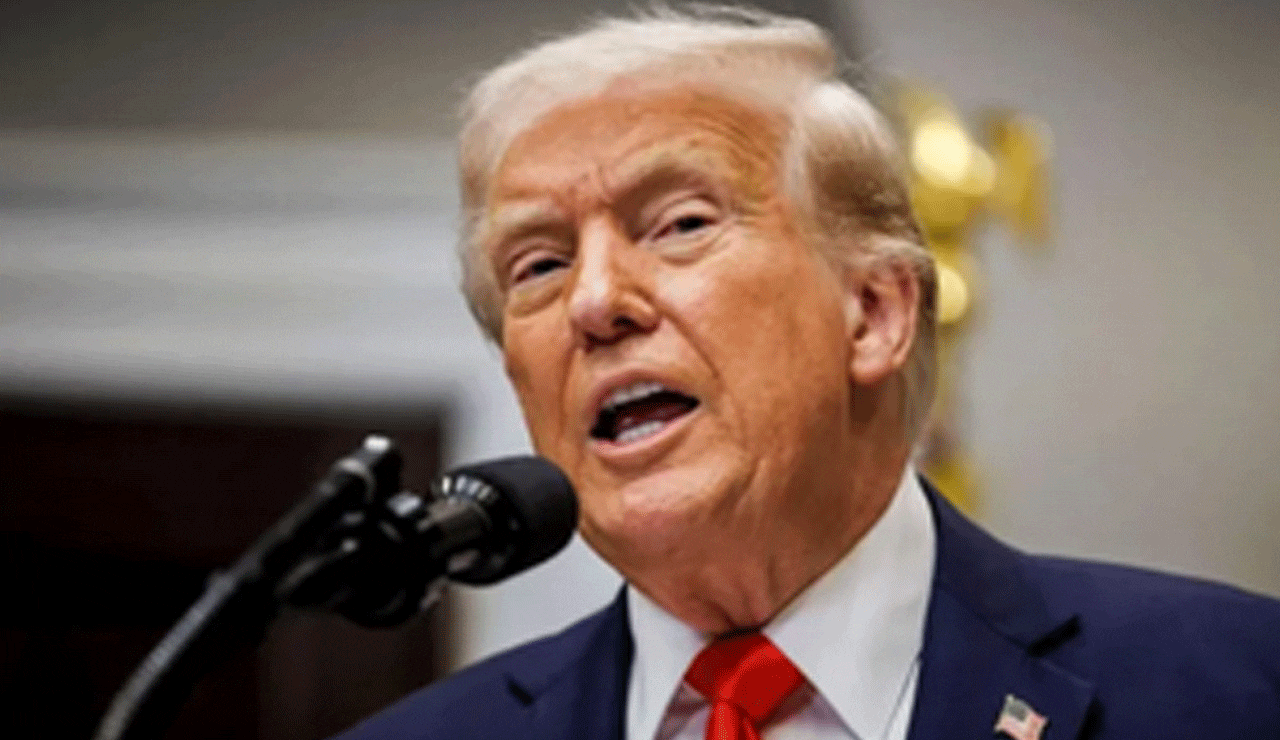Trump Pushes for Major Election Reforms, Cites India as a Model for Change
In a bold move to overhaul the U.S. electoral system, President Donald Trump has signed an executive order calling for significant changes in how elections are conducted.

Washington: In a bold move to overhaul the U.S. electoral system, President Donald Trump has signed an executive order calling for significant changes in how
elections are conducted. The order includes a set of reforms designed to enhance election security and ensure a fairer, more transparent voting process.
Executive Order Mandates Proof of Citizenship and Tightens Ballot Rules
The executive order requires voters to provide proof of their American citizenship before voting. Additionally, it mandates that only mail-in or absentee ballots received by Election Day will be counted, aiming to reduce potential for fraud and error. The order also bars non-U.S. citizens from making donations to certain elections.
Table of Contents
Trump’s administration has long criticized the integrity of U.S. elections, particularly after the 2020 presidential election. Trump has frequently claimed that election processes were compromised, and this new order reflects his efforts to restore what he sees as the integrity of the election system.
Trump Compares U.S. Elections to International Practices
In his push for reform, Trump referenced the election practices of countries like India and Brazil. He pointed out that both countries tie voter identification to a biometric database, a move he believes could provide better voter verification in the U.S. “India and Brazil are tying voter identification to a biometric database, while the United States largely relies on self-attestation for citizenship,” Trump said.
Trump also criticized the U.S. for its inconsistent approach to ballot processing, comparing it to countries such as Germany and Canada. Both Germany and Canada require paper ballots for vote tabulation, a system Trump believes ensures greater security and consistency in the election process. He stated, “Germany and Canada require paper ballots when tabulating votes, while the United States has a patchwork of methods that often lack basic chain-of-custody protections.”
Also Read: The Clock is Ticking: How Dangerous Is Asteroid 2014 TN17’s March 26 Flyby?
Mail-in Voting: A Focus of Election Reforms
One of the key aspects of the new executive order is the issue of mail-in voting. Trump expressed concern about the widespread use of mail-in ballots, especially the practice of accepting ballots that arrive after Election Day. Drawing comparisons to countries like Denmark and Sweden, which only allow mail-in ballots for those unable to vote in person and do not accept late-arriving ballots, Trump emphasized the need for similar practices in the U.S.
“Many American elections now feature mass voting by mail, with many officials accepting ballots without postmarks or those received well after Election Day,” Trump added, stressing the importance of tighter regulations on mail-in voting.
Aiming for Free, Fair, and Honest Elections
This executive order is part of Trump’s ongoing efforts to ensure what he views as free, fair, and honest elections in the United States. “The right of American citizens to have their votes properly counted and tabulated, without illegal dilution, is vital to determining the rightful winner of an election,” he said, reaffirming his commitment to strengthening the democratic process and reducing the potential for election fraud.
As the debate over election reform continues, President Trump’s executive order is likely to spark further discussion about the future of voting processes in the U.S. and whether changes to the system will gain widespread support across the political spectrum.
